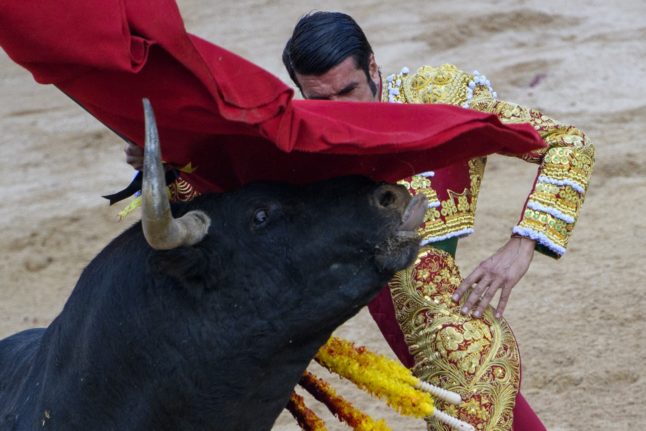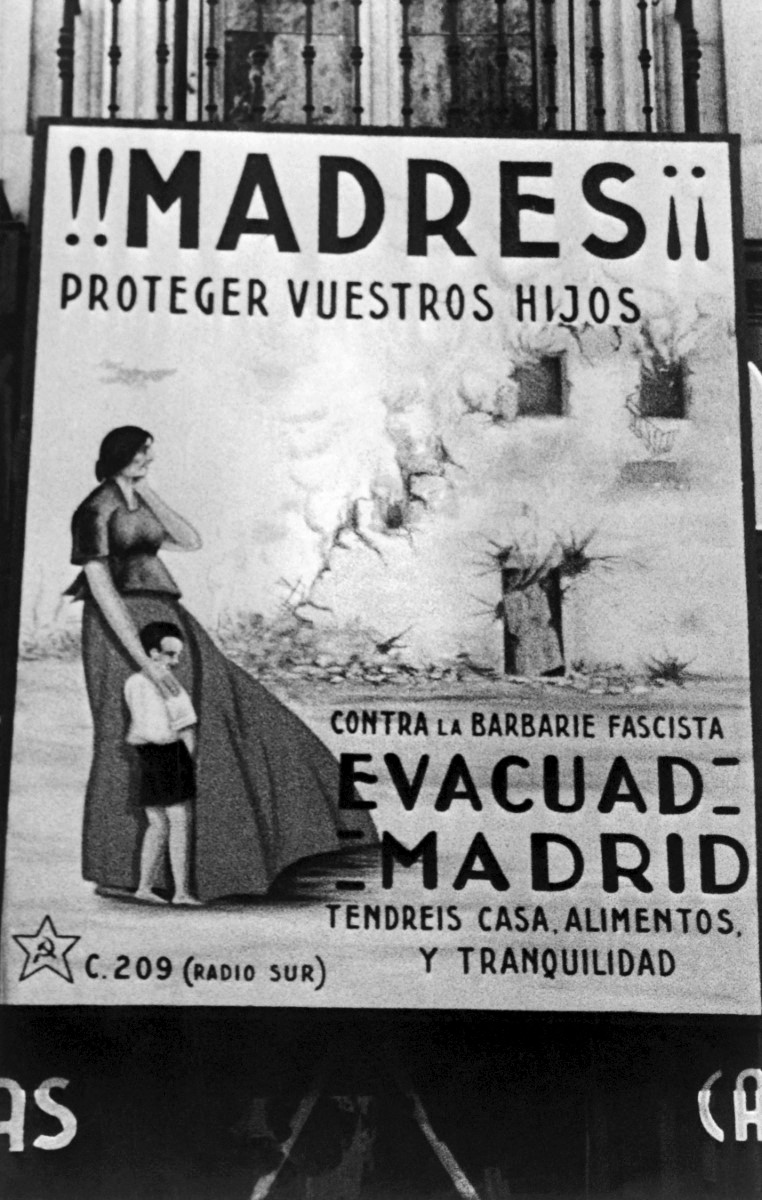“A growing majority” of Spaniards are concerned about animal welfare, so “we did not believe it is appropriate to maintain an award that rewards a form of animal abuse”, Culture Minister Ernest Urtasun said.
“I think they understand even less that these forms of animal torture are rewarded with medals that come with monetary prizes using public money,” he added during an interview with private television La Sexta.
The annual prize, which was created in 2011 under a previous Socialist government and was first awarded in 2013, grants 30,000 euros ($32,000) to winners.
Top matadors such as Enrique Ponz and Julián López, known as “El Juli”, have won the prize in the past.
Bullfighting retains a passionate following in some circles in Spain and leading matadors are treated as celebrities.
But the practice’s mass appeal has faded and polls show a rising disinterest across the country, especially among the young.
During the 2021-22 season, the last period for which figures are available, only 1.9 percent of Spain’s population attended a bullfight, according to the culture ministry.
Spain’s main opposition conservative Popular Party (PP) vowed to reinstate the prize if it returns to power.
PP spokesman Boja Semper said bullfighting was a reflection of Spain’s traditions and culture.
IN DEPTH: Will bullfighting ever be banned in Spain?
He accused Socialist Prime Minister Pedro Sánchez’s government of being “obsessed with sticking its finger in the eye of those who do not think” as it does.
By contrast, animal rights party PACMA called for the “total abolition” of all public support for bullfighting, saying it “cannot be justified under any circumstance”.
Several regional governments, including one run by the Socialists, said they would create their own bullfighting prizes to replace the one being scrapped.
The Fundación del Toro de Lidia, an NGO that promotes bullfighting in Spain, said the culture minister had the “obligation to promote all cultural manifestations, including bullfighting”.
But animal rights groups welcomed the government’s decision.
“This measure marks a milestone in the fight against bullfighting, a controversial practice that has for years generated debate,” animal rights group Animanaturalis said.




 Please whitelist us to continue reading.
Please whitelist us to continue reading.
Member comments